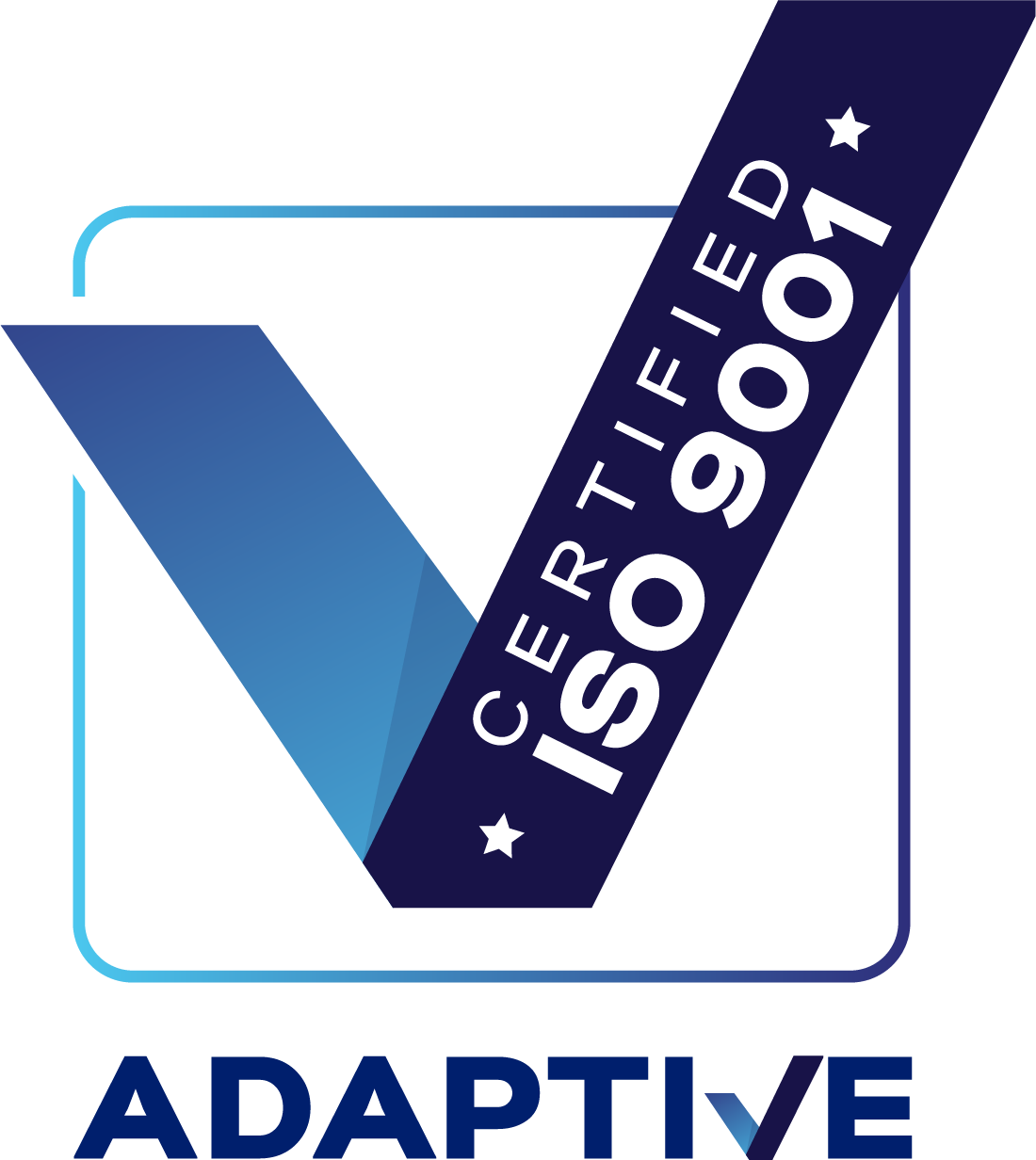
The Value of ISO 9001 Certification: Enhancing Business Excellence
In the competitive landscape of today’s global market, organisations strive to stand out by demonstrating their commitment to quality. One of the most recognised and respected ways to achieve this is through ISO 9001 certification. But what exactly is ISO 9001, and what value does it bring to an organisation?
Understanding ISO 9001
ISO 9001 is an international standard for quality management systems (QMS) developed by the International Organization for Standardization (ISO). It sets out the criteria for a QMS and is based on several quality management principles, including a strong customer focus, the involvement of top management, a process approach, and continuous improvement.
The Core Principles of ISO 9001
- Customer Focus: Meeting and exceeding customer expectations is a primary goal.
- Leadership: Strong leadership is essential for setting the vision and direction for the organisation.
- Engagement of People: Involving all employees in the quality process is crucial.
- Process Approach: Understanding and managing interrelated processes as a system contributes to the organisation’s effectiveness.
- Improvement: Ongoing improvement should be a permanent objective.
- Evidence-based Decision Making: Decisions should be based on the analysis of data and information.
- Relationship Management: Managing relationships with interested parties, such as suppliers, enhances performance.
The Value of ISO 9001 Certification
1. Improved Customer Satisfaction: ISO 9001 certification helps organisations ensure they consistently meet customer requirements and deliver quality products and services. This leads to enhanced customer satisfaction, which can result in repeat business, customer loyalty, and positive word-of-mouth referrals.
2. Enhanced Operational Efficiency: Implementing a QMS based on ISO 9001 standards encourages organisations to optimize their processes, reduce waste, and improve efficiency. This can lead to cost savings and increased productivity.
3. Competitive Advantage: Achieving ISO 9001 certification can provide a significant competitive edge. It demonstrates to potential customers and partners that the organisation is committed to quality and continuous improvement. In many industries, ISO 9001 certification is a requirement for doing business.
4. Better Decision Making: ISO 9001 emphasises the importance of evidence-based decision making. By using data and metrics to guide decisions, organisations can make more informed and effective choices, leading to better outcomes.
5. Increased Credibility and Reputation: ISO 9001 is recognised globally as a mark of quality. Certification can enhance an organisation’s reputation and credibility, making it more attractive to stakeholders, including customers, suppliers, and investors.
6. Risk Management: A robust QMS helps organisations identify and mitigate risks, leading to more consistent and reliable outcomes. This proactive approach to risk management can prevent issues before they arise and minimize the impact of potential problems.
7. Employee Engagement and Morale: Involving employees in the QMS process can boost their engagement and morale. When employees understand their role in the quality management system and see the positive impact of their contributions, they are more likely to be motivated and committed to the organisation’s goals.
Conclusion
ISO 9001 certification is more than just a badge of honour, it is a comprehensive approach to managing quality and improving business performance. By adhering to the principles and requirements of ISO 9001, organisations can enhance customer satisfaction, improve operational efficiency, and gain a competitive advantage. The value of ISO 9001 extends beyond the immediate benefits, contributing to long-term success and sustainability in an ever-evolving market landscape.
Investing in ISO 9001 certification paves the way for continuous improvement, innovation, and excellence.
Read more – Certification Guides & Minimum Requirements (adaptivecert.com.au)
Accredited v Non-Accredited Certification!! – Adaptive Certifications




